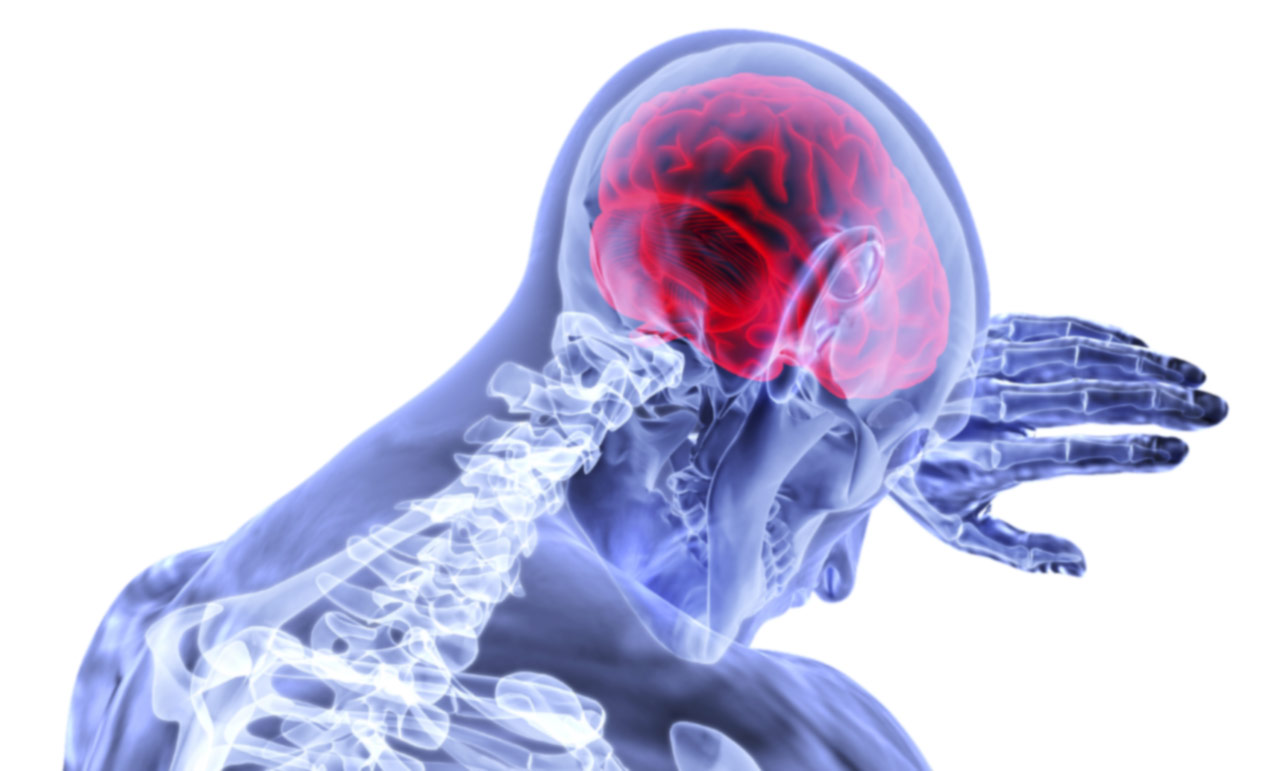Do you have chronic depression?
Did you ever wonder why your depression did not respond to treatment? About half of all patients fail to respond to traditional treatment. This is called Treatment-Resistant Depression (TRD).
Some researchers define Treatment-Resistant Depression (TRD) as a case of depression that doesn’t respond to two different antidepressants from different classes. And other experts say that a person needs to try at least four different treatments before depression can be truly considered resistant to oral medications.
- Has your oral medication failed to make you feel better?
- Has your oral medication helped a bit, but you still don’t feel like your old self?
- Have the side effects of your medication been hard to handle?
Call 847-236-9310 to schedule a consultation
Did you know?
There is an entire field of study for this condition known as Treatment-Resistant Depression (TRD)
Scientists have discovered common causes for this failure to respond to treatment. An accurate diagnosis is crucial.
Underlying causes can create “treatment-refractory” mood disorders. Our advanced technology and treatment approaches help the toughest cases of long-term depression.
- Concussion (also called mild TBI), and other Traumatic Brain Injury, so-called “non-traumatic” brain injury
- Autoimmune illness and other abnormalities of inflammation (all create an Autoimmune Encephalopathy)
- Inadequate plasticity
- Stress responses and hormonal imbalances
- Abnormalities of network recruitment and/or perfusion/metabolism
Conditions that often cause Treatment-Resistant Depression include:
Autoimmune Illness
Hormonal Inbalances
Traumatic Brain Injury
Concussion
Other conditions can be factors for why traditional treatment such as talk therapy isn't working for depression. Because of this, the correct diagnosis of the underlying cause is often the only way to resolve the long term depression.
- Epilepsy and other conditions associated with abnormal EEG
- Autoimmune and other immune-based dysfunction, obesity (adipokines)
- Tick-borne, spider-conveyed, and insect-borne illnesses
- H. pylori, toxoplasmosis, Herpesviridae, parasitic infestation
- Nutrition, metabolism, digestive/gastrointestinal
- Adverse effects of medications
- Pharmacogenomic and pharmacodynamic adversities
- Learning disability or giftedness (in particular those children with “regulatory disorder of childhood”)
- Environmental poisoning
- Endocrine dysfunction

What are the consequences of long-term chronic depression?
There are three parts of the brain that appear to play a role in Major Depressive Disorder (MDD): the hippocampus, amygdala, and prefrontal cortex. Memory issues, sleep problems, and emotional regulation can all be impacted by MDD.
Many researchers believe high cortisol levels play the biggest role in changing the physical structure and chemical activities of the brain, triggering the onset of Major Depressive Disorder (MDD). Normally, cortisol levels are highest in the morning and decrease at night. But in people with MDD, cortisol levels are always elevated, even at night.
Hippocampus
The hippocampus is located near the center of the brain, and its main job is to store memories. Secondly, it regulates the production of a hormone called cortisol. The body releases cortisol during times of physical and mental stress, including during times of depression.
Problems can occur when excessive amounts of cortisol are sent to the brain due to a stressful event or a chemical imbalance in the body. In a healthy brain, brain cells (neurons) are produced throughout a person’s adult life in a part of the hippocampus called the dentate gyrus. In people with major depressive disorder (MDD), however, the long-term exposure to increased cortisol levels can slow the production of new neurons and cause the neurons in the hippocampus to shrink. This can lead to memory problems.
Prefrontal Cortex
The prefrontal cortex is located in the very front of the brain. The prefontral cortex is responsible for regulating emotions, decision-making, and forming memories. Just like the hippocampus shrinking when the body produces an excess amount of cortisol, the prefrontal cortex also appears to shrink.
Amygdala
The amygdala is the part of the brain that facilitates emotional responses, such as pleasure and fear. But in people with MDD, the amygdala becomes enlarged and more active as a result of constant exposure to high levels of cortisol. An enlarged and hyperactive amygdala, along with abnormal activity in other parts of the brain, can result in disturbances in sleep and activity patterns. It can also cause the body to release irregular amounts of hormones and other chemicals in the body, and that can lead to further complications.




Get Started Today
To get started on treatment give us a call at the number below or fill out our confidential new patient form
The Neuroscience Center (TNC) began serving the general psychiatric needs of patients over 40 years ago. We are committed to providing modern and comprehensive mental health care tailored your specific case.
- Groundbreaking Treatments
- Advanced Diagnostics
- Therapists Trained by The Ketamine Training Center in CA


